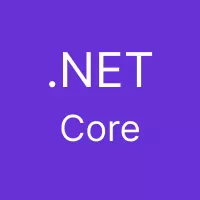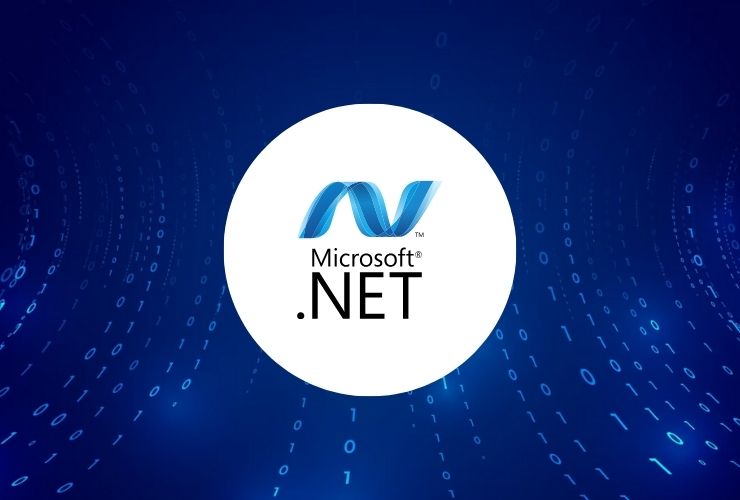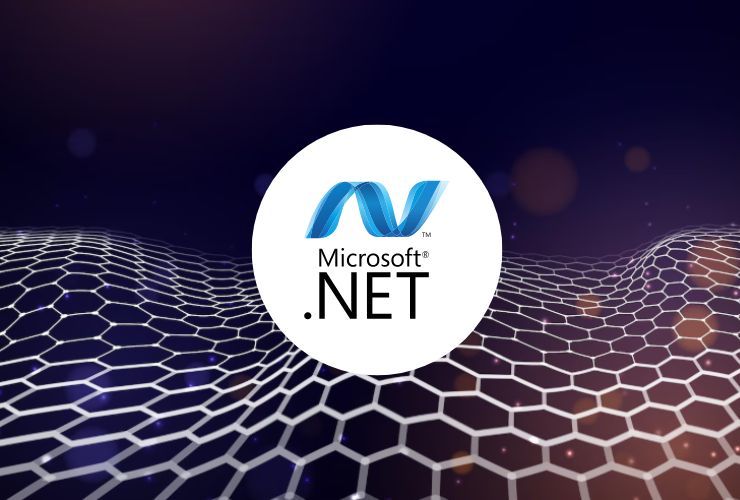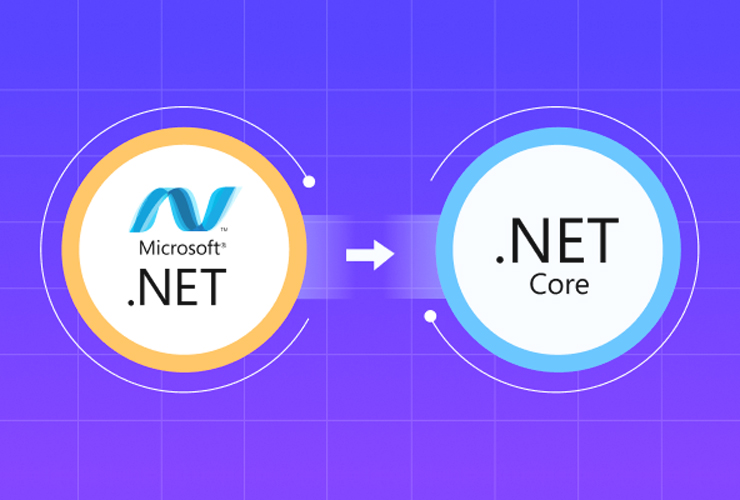Being a developer or business decision-maker, your technology stack is going to be the lifeblood of your project. How do you know which one is the right fit for your project? Let’s break down the key differences between.NET Core and.NET Framework to make an informed decision.
What Is.NET Framework?
The.NET Framework is a mature, feature-rich platform built on top of developing Windows applications. It was first released from Microsoft in the early years of 2000 when it supported all ranges, from web to desktop as well as console applications. Generally speaking, it’s very nice for Windows environments but too limited in cross-platforming development.
What Is.NET Core?
DOT Net Core is the newer, cross-platform open source framework launched by Microsoft back in 2016. Not like Dot NET Framework,.NET Core allows developers to build applications that can be run on Windows, macOS, and Linux. Its optimum performance and scalability make it suitable for modern, cloud-based, and containerized applications.
Dot NET Core v/s Dot NET Framework- Major Differences
Cross-platform Support
- Dot NET Core: This runs on windows, macOS, and Linux. This is best for cross-platform applications.
- NET Framework: This one only operates on Windows. It is applicable only for windows-based platforms.
Performance and Scalability
- NET Core: The one that delivers better performance and scalability, especially when it comes to cloud-based applications.
- NET Framework: Although this one is strong, there is not that level of performance optimization it can compare to with.NET Core.
Open Source
- NET Core: This one is all open source. It means that many developers contribute toward its development.
- .NET Framework: This is proprietary software that Microsoft maintains, even though some libraries have gone open source.
Cloud Integration
- .NET Core: As it was built with a focus on cloud applications, it can be deployed pretty easily on modern cloud platforms like Azure, AWS, and Google Cloud.
- The.NET Framework works okay with Windows-based cloud solutions but doesn’t offer as much flexibility in terms of creating cloud-native applications.
- The.NET Core is.NET Standard library compatible; this gives the developers an opportunity to apply their code on various different types of platforms.
- . NET Framework: Has enormous library but not compatible with few of the latest cross-platform libraries that are available on the.NET Core.
Future Readiness
- .NET Core: It keeps evolving constantly in terms of new feature releases and improvements, and so it’s more future-ready.
- NET Framework: No longer actively developed as Microsoft is focusing its efforts on.NET Core and its unified future under.NET 5 and beyond.
When to Choose Dot NET Framework
If your project is heavily dependent on Windows-based applications, or you are maintaining legacy systems built on.NET Framework, then sticking with.NET Framework might make sense. It’s still a robust platform for enterprise-level Windows applications.
When to Choose Dot NET Core
For new projects, particularly when cross-platform functionality, performance, scalability, or cloud integration is involved,.NET Core is a more suitable choice. It’s a more flexible and forward version of the development environment from Microsoft, especially as it has consolidated into.NET 6.
Conclusion
The choice between both varies greatly with the nature of your project and its needs. For legacy Windows apps,.NET Framework is the way to go. Yet, for most new apps, especially those that need or want cross-platform compatibility, scalability, and integrations with modern cloud functionalities,.NET Core emerges as the clear winner.
Choose the Right .NET Framework — Build Faster, Scalable Apps
Frequently Asked Questions
.NET Core is a modern, open-source, cross-platform framework that runs on Windows, Linux, and macOS, while .NET Framework is a Windows-only, mature platform for desktop and web apps.
.NET Core generally offers better performance and scalability due to its modular design, optimized runtime, and lightweight architecture.
Choose .NET Framework for legacy enterprise systems or desktop applications that rely on Windows-specific technologies like WCF, Windows Forms, or WPF.
Both support major .NET languages like C# and F#, with .NET Core increasingly aligning with modern development practices and tooling.












